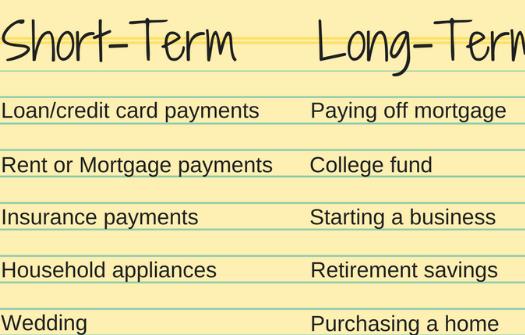What Is a Short Term Goal?
In both personal and professional settings, understanding and setting short term goals are crucial for achieving immediate objectives that pave the way for long-term success. A short term goal is typically defined as an objective that can be achieved relatively quickly—within a few days to a year. These goals are essential for maintaining momentum, enabling quick wins, and facilitating continual progress in larger projects or life aspirations. This article dives into the specifics of short term goals, including statistical data that illustrates their importance and effectiveness.

Defining Short Term Goals
Short term goals are immediate targets set to achieve specific outcomes within a short period, typically ranging from a few weeks to up to one year. These goals are precise, actionable, and designed to bring about quick results.
Characteristics of Short Term Goals:
- Immediate Impact: Short term goals are set with the intent to achieve quick results, often acting as stepping stones toward broader, long-term objectives.
- Measurable: These goals are concrete, with clear metrics for success, making it easy to track progress.
- Motivational: Achieving short term goals provides regular reinforcement of success, boosting morale and motivating continued effort.
Example of a Short Term Goal:
- Professional Development: An employee aims to improve their presentation skills within three months by attending a workshop and practicing in team meetings.
- Personal Fitness: An individual sets a goal to lose 10 pounds in two months through a specific diet and exercise plan.
Data Insight:
A survey by the American Management Association revealed that individuals who set specific short term goals are 40% more likely to achieve their desired outcomes compared to those who don’t set any or who set vague goals. Furthermore, employees working toward clear short term objectives reported higher job satisfaction and productivity.
Why Set Short Term Goals?
Setting short term goals has multiple benefits that contribute significantly to personal and organizational success.
Focus and Direction
Short term goals provide immediate focus, helping individuals and teams prioritize activities and manage their time effectively. This directed effort prevents stagnation and keeps projects moving forward at a steady pace.
Performance Enhancement
By setting and achieving short term goals, individuals can improve specific areas of their performance. For instance, a marketing professional may set a short term goal to increase social media engagement by 30% over three months through targeted campaigns and content strategies.
Skill Acquisition and Personal Growth
Short term goals are often used to acquire new skills or knowledge quickly. For example, learning a new software tool or language within a few months can significantly enhance an individual's competency and adaptability in their field.
Statistical Validation:
Research indicates that setting short term goals can increase productivity by up to 33%. This boost is attributed to the clear, immediate benchmarks that help keep individuals focused and driven.
Conclusion: Leveraging Short Term Goals for Immediate Success
Short term goals are fundamental tools for achieving quick, tangible results that are crucial for both personal growth and organizational development. They enable individuals to remain engaged, motivated, and productive by providing clear, immediate targets. By integrating these goals into broader strategic plans, individuals and organizations can ensure a steady progression towards more significant achievements. For more detailed strategies and examples, explore short term goal insights to effectively plan and accomplish your objectives.